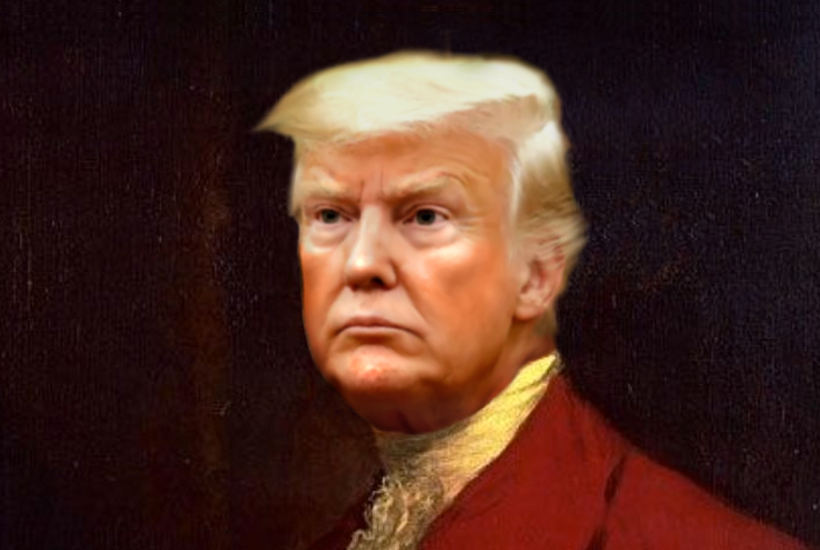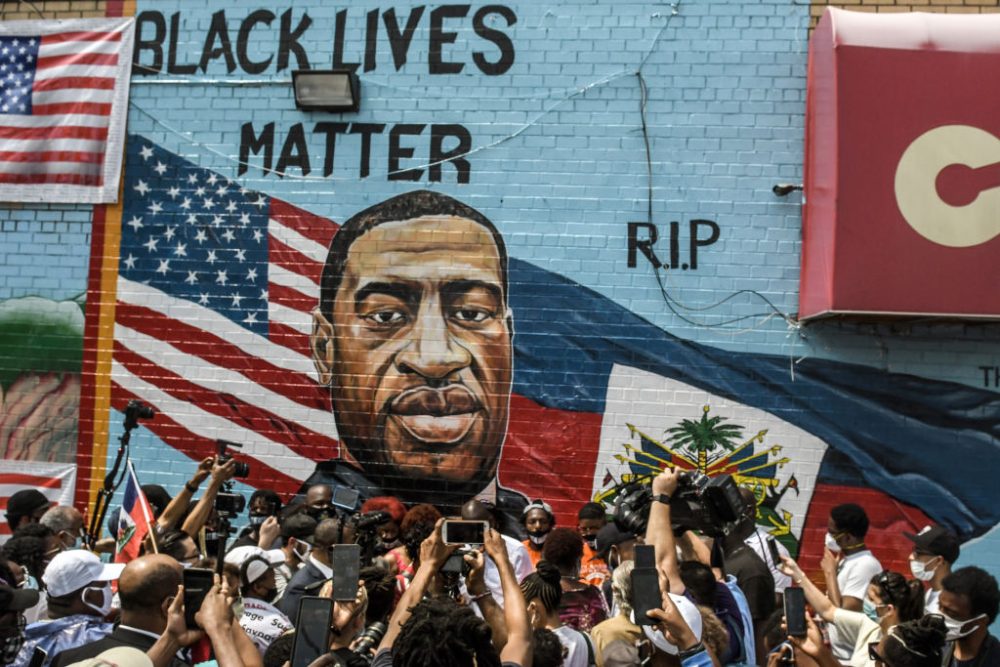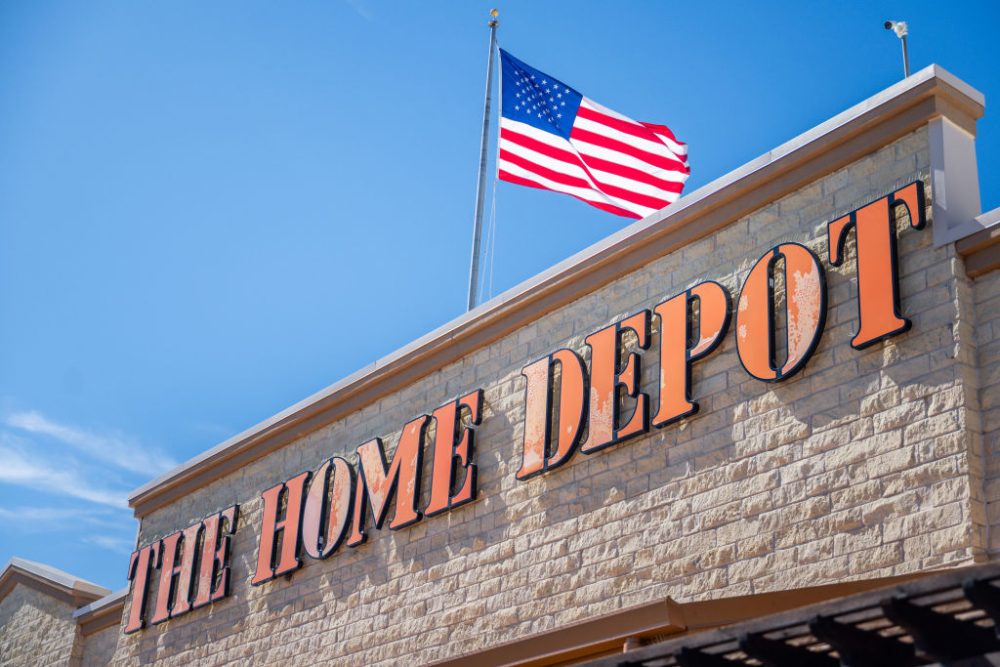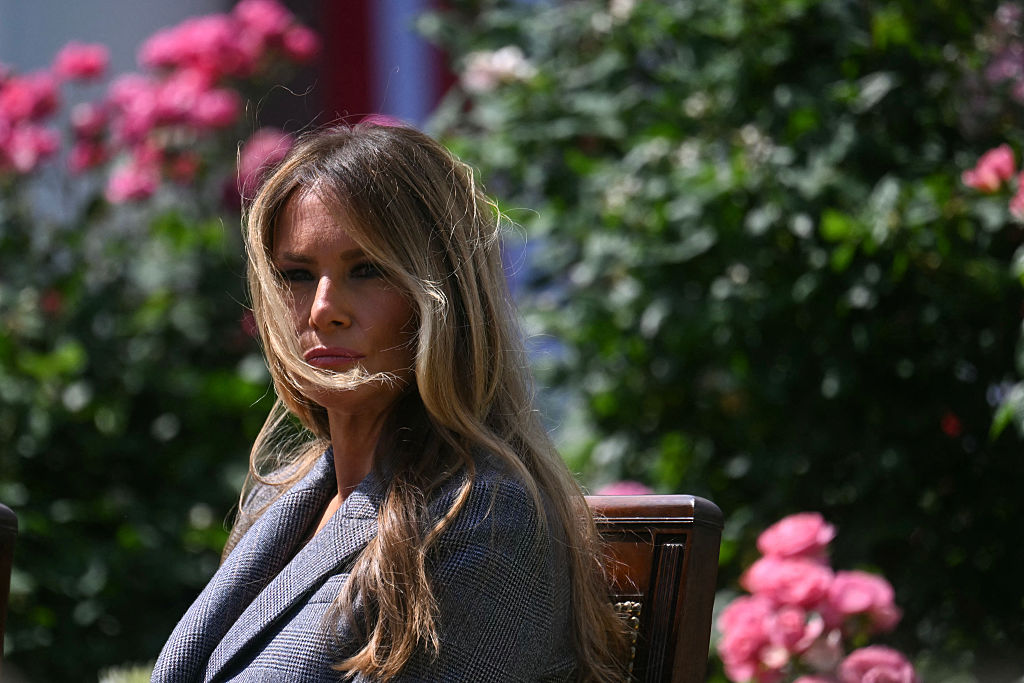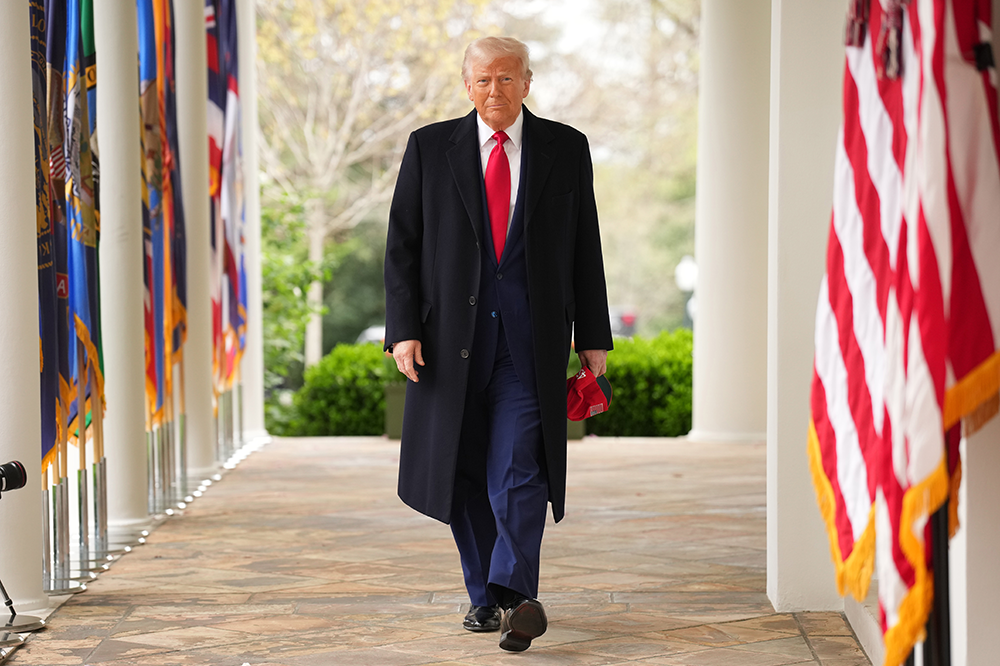President Trump surprised some on Saturday when he shared a video from Business Insider explaining that billionaires have amassed half-a-trillion dollars during the coronavirus pandemic as millions face unemployment. A conventional, supply-sider Republican president of the past would have never harped on about income inequality, especially not in an economic recession. But Trump bucks conventions. He voiced his approval of the video in his usual exclamatory style: ‘I actually agree with this. Too much income disparity. Changes must be made, and soon!’
Inevitably, that tweet drew criticism from free-market fundamentalists within the Republican party. Some compared his statement to the socialist rhetoric coming from the American left. But Trump is right. He’s not saying said that an unequal distribution of wealth and authority are evil. As a billionaire himself, he must accept that a hierarchy is as necessary to coordinating economic activity as it is to government. But America has moved beyond the benefits of a healthy disparity in wealth.
There is something deeply wrong with a society that rewards billionaires during a pandemic as smaller businesses are forced to lay off workers. Even before the crisis, the middle class was shrinking in America. In the 1970s, around 60 percent of the population was somewhere between ‘rich’ and ‘poor’. Now, only about 50 percent of Americans meet this designation. In the 1980s, the median income for the upper class was about three times higher than that of the middle class. By 2013, the upper class was making 6.6 times more than the middle class.
It isn’t all that surprising that civil unrest was so easily sparked by an economic shutdown and grievances against police brutality. The Black Lives Matter movement saw a resurgence that dwarfed its previous iterations, spreading across the country from Minneapolis. Promises of police reform didn’t quell the riots because that was only a small piece of the movement. Rather, BLM became an outlet for people to unleash pent-up rage against an economic system. They released this anger by looting and destroying businesses.
It’s important to note that this conflict hasn’t been a working-class uprising by any means. The preconditions for the riots, as well as people involved, are more reminiscent of the French Revolution than the October Revolution which founded the Soviet Union. Edmund Burke, in his text Reflections on The Revolution In France, laid blame for the French Revolution squarely on a professional class which fancied themselves to be intellectuals, calling to mind the lawyers arrested in New York for throwing Molotov cocktails a few months ago. Young men and women claim to be fighting systemic racism, much like the rank-and-file of the French Revolution made high-minded appeals to ‘liberty’ and ‘fraternity’. But ultimately they were angry at bread shortages. Similarly, millennials today struggle with relatively low rates of home ownership, unemployment and underemployment, and lower real wages when compared to previous generations, despite having higher levels of education. They are economically insecure and sickened by the immense wealth of the elite.
The American conservative movement, for its part, has been all too quiet on these major economic issues. They’ve endlessly lauded the beauty of capitalism to a generation who have no chance of buying their own home.
[special_offer]
American leaders of the past acted against such plutocracy. Take for instance the Sherman Antitrust Act under Benjamin Harrison, or the break-up of Standard Oil under William Taft.
These measures were taken because political leaders could see that the plutocrats had deleterious effects not only on market competition, but also upon civil society and national cohesion. And the behavior of the monopolists then paled in comparison to that of the ‘Bezos Class’ today. While the Gilded Age’s elite plutocrats gave to church institutions, built concert halls, and established museums to curry favor with the public, today’s elites cheaply cover corporate logos on social media with tawdry Pride Month and ‘Black Lives Matter’ appliques and force their employees to attend college-style diversity trainings. If our forefathers saw fit to crush the trusts held by an elite which had at least some sense of benevolence and duty to the common good, clearly today’s government should break up companies which actively work against it not only in the economic dimension, but in the social and moral ones as well.
Burke famously said that society is a ‘partnership not only between those who are living, but between those who are living, those who are dead, and those who are to be born.’ President Trump has done some work in realizing this transcendent partnership between the past, present, and future. He has pledged not only to preserve old monuments, but to build new ones to the great men and women of American history. He has acted to preserve the right to life of future Americans on a scale not seen before. If he moves next to minimize the disparities in wealth that have so polarized American society and shrunk the middle class, we might say he’s having a Burkean moment. Even more importantly, perhaps, he can change contemporary economic conditions, which are ominously similar to those which preceded an earlier revolution.



